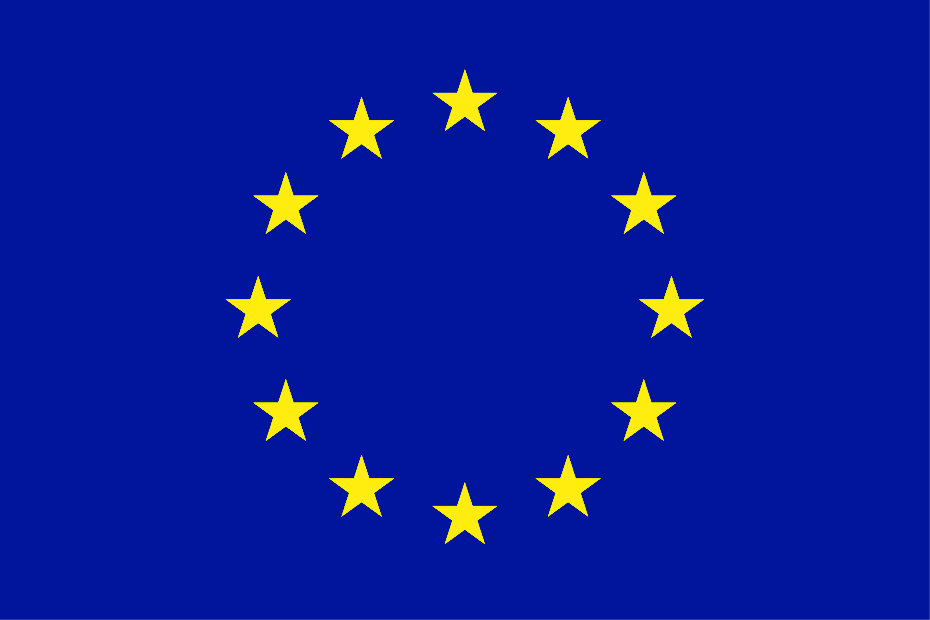
Accreditation Council for Entrepreneurial and Engaged Universities (ACEEU) is the only globally-operating quality assurance body with a focus on acknowledging engagement and entrepreneurship of universities. As such, ACEEU strives to usher in a new era for higher education through evaluating, supporting and igniting the potential of HEIs on their road to third mission excellence. Founded within the University Industry Innovation Network (UIIN) in Amsterdam, the Netherlands, ACEEU has become an independent entity with its headquarters in Münster, Germany, and regional offices across the globe. Under its palette of services, ACEEU offers accreditation for entrepreneurship and engagement on institutional and divisional level (faculty, school, department), and is currently working on programme-level accreditation through the prism of 21st century skills.
ACEEU – an experienced university accreditation body (for entrepreneurial and engaged universities) around the world that is very keen on introducing a “Digital Education” accreditation certification system to its member base. ACEEU promotes excellence in higher education via webinars, toolkits, trainings, international accreditations and excellence celebrations via awards ceremonies rewarding academics and universities.

HELIXCONNECT EUROPE emerged in 2020 as a need for a better hands-on approach to facilitating innovation, helping organisations grow and enabling a proper integration among innovators, NGOs, industry and government. Our vision is to link Romania, Eastern Europe and Western Balkans with the global innovation systems and enable national knowledge and technology transfer. With the up-rise of modern technologies and organisational performance frameworks, massive shifts and business model innovations are required in order to transform organisations to stay competitive while ensuring that they reach their intended impact in a fair and responsible manner. As such, HELIXCONNECT EUROPE works under an international advisory board composed of leading influencers from industry, innovation and policy making sectors in order to devise tailored and applied solutions for organisations.
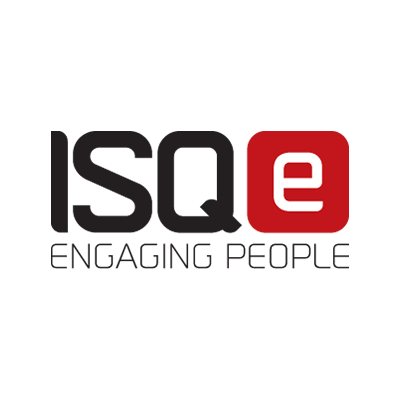
ISQe is a Digital Learning Experience pioneer in Portugal. It has successfully implemented hundreds of projects and trained more than 1,000,000 learners in 11 countries, since 1996.
ISQe specializes in the development of interactive media resources and the provision of Software as a Service (SaaS) solutions. Its main mission is to support companies by strengthening and updating the skills of their workforce. With creativity, innovation, and flexibility as values, combined with a strong set of internal skills in the technological, technical and pedagogical areas, the services provided by ISQe are characterized by the quality and creativity of the learning and management solutions and the development of products tailored to the needs and contexts of customers.
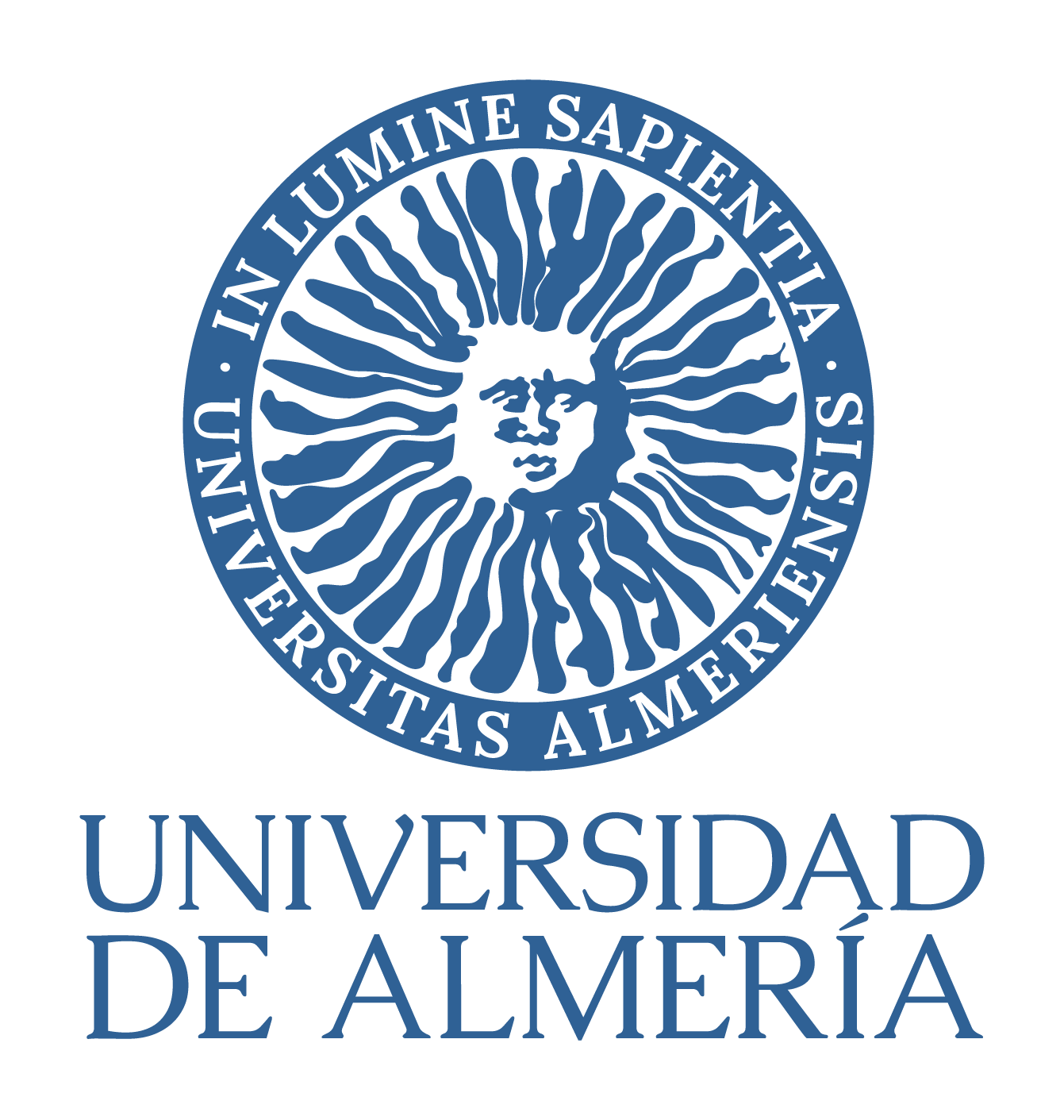
The University of Almería, one of the youngest and most dynamic universities of Spain, was created by the Andalusia Parliament in 1993 at the behest of the Autonomous Government of Andalusia. That was the beginning of a crucial period for the construction of the University and the planning of the future development. Today it has more than 12,000 students, 600 phd students, 100 research groups, and more than 800 lecturers.
Moreover, nowadays the University of Almería offers the students the possibility of studying a range of 31 bachelor’s degrees, 30 doctoral programmes, 40 official master’s programmes and 15 non-official masters’ programmes. The University is also proud of its modern facilities among which we can find four lecture theatres buildings, an auditorium, an indoor sport centre with a swimming pool and outdoor sport tracks and tennis courts.
Apart from the degree courses, the student can avail of a broad range of Enseñanzas propias [non-official courses designed by the University] (courses, specialist courses, expert courses, masters programmes, etc.) and a large offer of cultural and sport activities, which intend to satisfy the academic and extra academic demands, coming not only from the university community but from the society in general.
The University of Almería has a solid commitment with research and investigation, featuring in the third position in the Andalusia scientific production ranking, with 300 research contracts signed with companies, 70 patents registered and 700 published works.
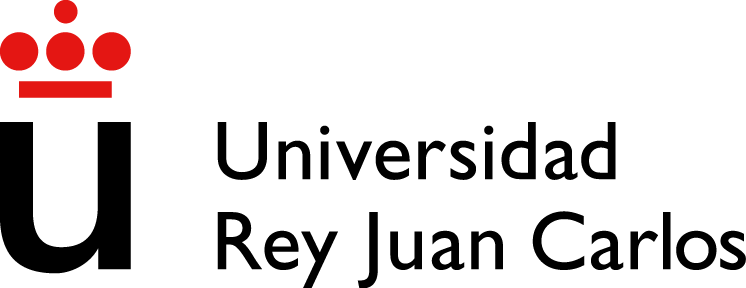
Rey Juan Carlos University performs the public service of higher education through research, teaching and study. The functions of the Rey Juan Carlos University at the service of society are:
- The creation, development, transmission and criticism of science, technology and culture.
- The preparation for the exercise of professional activities that require the application of knowledge and scientific methods and for artistic creation.
- The diffusion, valorization and transfer of knowledge at the service of culture, quality of life, and economic development.
- The dissemination of knowledge and culture through university extension and lifelong learning

Università Telematica Internazionale UNINETTUNO is a trusted distance-learning University structured in six faculties: Engineering, Economics, Cultural Heritage, Psychology, Communication Sciences and Law. It provides open and flexible higher education, postgraduate programmes and master courses in six languages (Italian, English, French, Arabic, Greek and Polish) to 15.000 students from 170 different countries.
The key to its success are an innovative teaching methodology and a unique e-learning platform: a knowledge network where teachers and students based all over the world produce, deliver and receive educational contents through the internet, without space or time boundaries. Moreover, UNINETTUNO offers vocational courses and up to 220 MOOC courses, making it one of the largest MOOC providers in Europe. Founded in 1985, its headquarters are based in Rome, Italy.
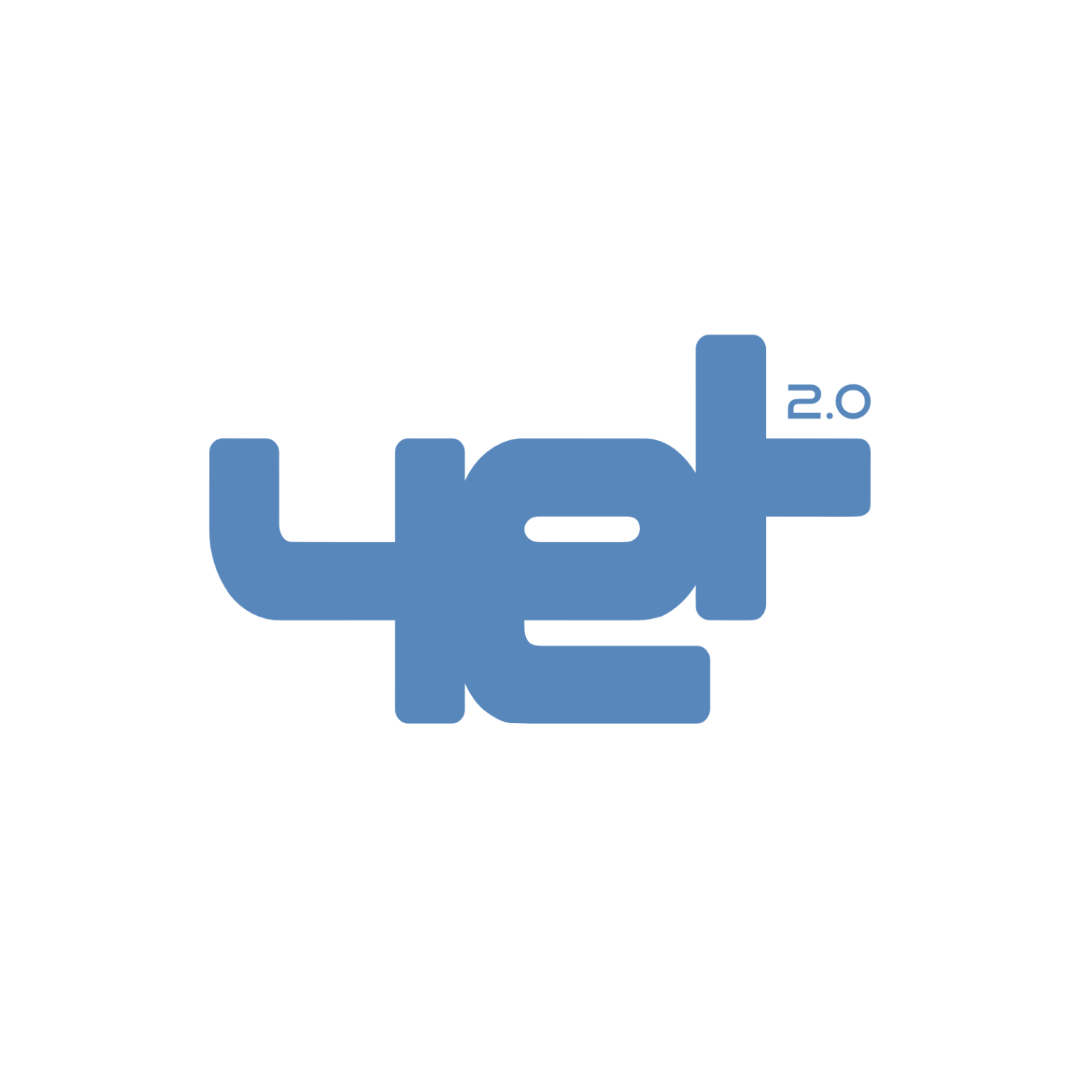
YET (Youth | Entrepreneurship | Education | Technology) is a registered NGO based in Thessaloniki, Greece. It aims to support young and future entrepreneurs, foster innovation, entrepreneurship and bring positive and impactful change for Greece, South Easter Europe and the EU.
YET firmly aims to help its dynamic audience (college students, young professionals, start-ups, future and current entrepreneurs) to improve their managerial, networking and leadership skills. To achieve this, YET has organized throughout the years of its activities a series of informative and training seminars, workshops, open events, conferences, with a variety of guest speakers and hundreds of participants.
YET is also a proud Member of the Digital Skills and Jobs Coalition.
This project has received funding from the European Union’s Erasmus+ Programme, Project No 2020-1-ES01-KA226-HE-095035
The contents of this website reflect the views of the EU-TeachPaaS project. The views expressed in the website do not necessarily reflect the views of the EC
Except where otherwise noted, content on this site is licensed under a Creative Commons Attribution-NonCommercial 4.0 International License.
